PM Kyriakos Mitsotakis in Budapest on Thursday and Friday
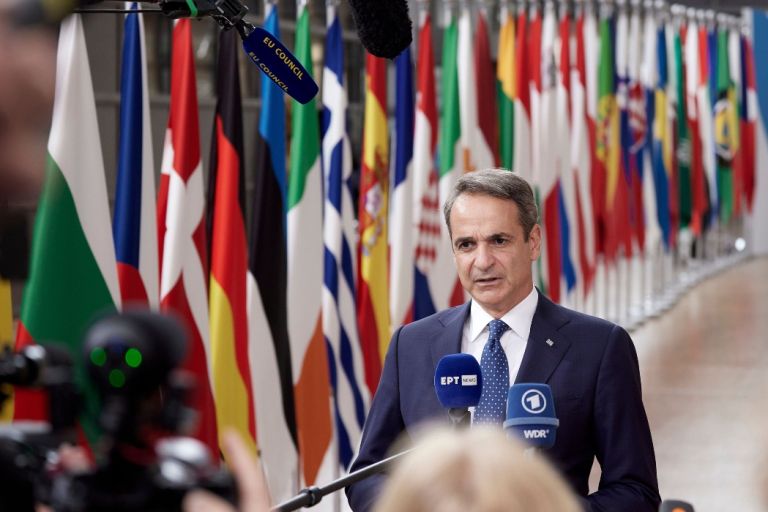
Πηγή Φωτογραφίας: Eurokinissi (Αρχείου)//PM Kyriakos Mitsotakis in Budapest on Thursday and Friday
Prime Minister Kyriakos Mitsotakis is travelling to Budapest to take part in the European Political Community summit on Thursday, and the informal European Council on Friday.
Security challenges, irregular migration, economic security and connectivity in energy, transport, IT and global trade are on the agenda of Thursday’s meeting, however the results of the U.S. elections are expected to dominate the discussion. This will be the first time European leaders will have the opportunity to exchange views, 24 hours after Donald Trump’s victory. This discussion is expected to dominate the dinner of the 27 EU leaders on Thursday, as they seek to find a common approach.
On Friday, at the informal European Council meeting with Christine Lagarde and Mario Draghi attending, the topic of the discussion on the agenda will be European competitiveness in light of Draghi’s report.
It is the first time that European leaders will discuss the Draghi report in detail and seek to reach a common text on the priorities of European competitiveness (Budapest Declaration).
The Greek premier, who has already referred to it as a very important document, is expected to point out the importance of common European financing of goods of common European interest, such as energy and defence, while underlining that the debate on competitiveness is de facto linked to the election result in the US and Euro-Atlantic relations.
As far as energy is concerned, Kyriakos Mitsotakis is expected to emphasise the need to reform energy markets and promote electricity interconnections – something that Draghi points out in his report. The prime minister had also underlined this dimension in his letter to the President of the Commission on the fluctuations in electricity prices as a distortion of the single market.
At the same time, Mitsotakis is expected to underline that Europe’s ambitions in sectors such as defence should not come at the expense of other budget priorities, such as resources for cohesion. On the occasion of the deadly floods in Spain, Mitsotakis is expected to repeat the need for Europe to do more with respect to adapting to climate change.
Διαβάστε όλες τις τελευταίες Ειδήσεις από την Ελλάδα και τον Κόσμο








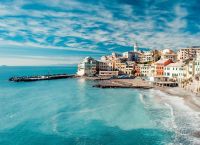

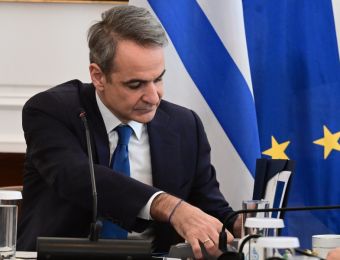




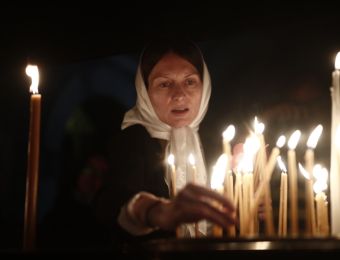



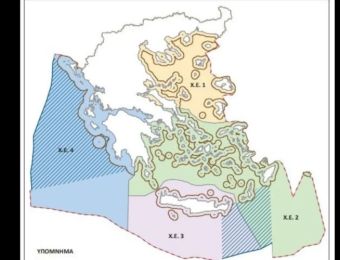


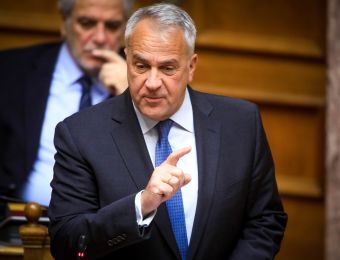





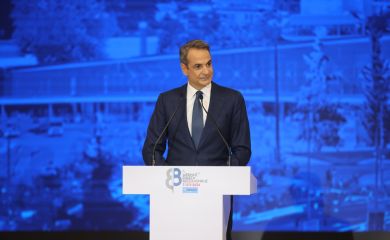


Το σχόλιο σας